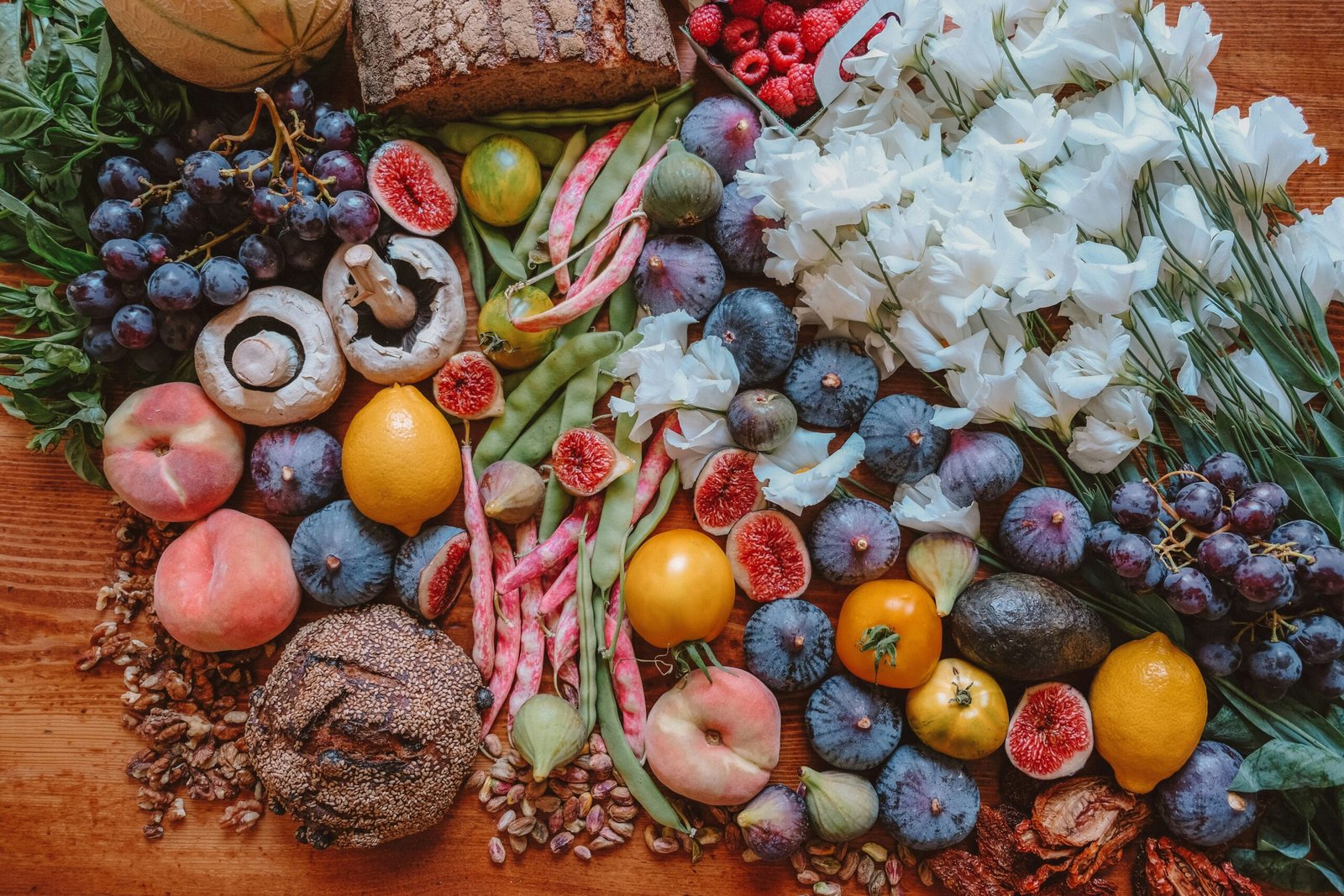Now Reading: Unlocking the Power of Our Microbiome: Your Path to Enhanced Health
-
01
Unlocking the Power of Our Microbiome: Your Path to Enhanced Health
Unlocking the Power of Our Microbiome: Your Path to Enhanced Health

In 1675, Antonie van Leeuwenhoek, a pioneering Dutch haberdasher, made a groundbreaking discovery through his microscope in Delft, Netherlands. He unveiled the microbiome—a complex ecosystem of microorganisms thriving within and on us. This revelation has sparked a modern revolution in understanding “gut health,” emphasizing the critical role our gastrointestinal microbiota play in everything from digestion to mental wellness.
Exploring the Microbiome: A Diverse World Within
What exactly is the microbiome? It’s a dynamic assembly of bacteria, viruses, fungi, and other microbial entities that inhabit various parts of our body, such as the gut, skin, and mouth. These microbes are not mere passengers; they perform essential functions:
- Bacteria: Vital for digestion and synthesizing vitamins.
- Viruses: Often misunderstood, many are crucial in regulating bacterial populations.
- Fungi: Key players in breaking down complex carbohydrates and combating pathogens.
- Other Microbes: Archaea and various protozoa that boost metabolism and fortify immune responses.
Beyond Digestion: The Broad Roles of Our Microbiome
The microbiome’s influence extends well beyond digestion. It plays a pivotal role in nutrient absorption, synthesizing vital nutrients like vitamins B12 and K, and transforming dietary fibers into short-chain fatty acids that nourish and protect our gut lining. Moreover, it is instrumental in training our immune system to detect and combat infections effectively.
Addressing Imbalance: Dysbiosis and Its Impacts
An imbalance in this microbial community, known as dysbiosis, can lead to several health challenges:
- Obesity: Linked to changes in how our bodies process and store fats.
- Inflammatory Bowel Disease (IBD): Aggravated by inflammation due to microbial imbalance.
- Diabetes: Increasingly tied to alterations in gut bacteria affecting insulin and glucose metabolism.
The Gut-Brain Connection: Microbes and Mental Health
Emerging research underscores a direct pathway between our gut and our brain—the gut-brain axis. This pathway suggests that our microbiome’s state can influence our mood and mental health, contributing to conditions like anxiety and depression and highlighting the need for a balanced microbiome for mental well-being.
Dietary Influence: Shaping Your Microbiome
Our dietary choices significantly shape our microbiome’s health and diversity:
- High-Fiber Foods: Such as fruits, vegetables, and whole grains, promote the growth of beneficial bacteria.
- Fermented Foods: Foods like yogurt, kefir, and sauerkraut introduce live probiotics essential for a healthy gut.
- Short-Chain Fatty Acids: Compounds like butyrate and propionate, crucial for intestinal health.
Emerging Research and Personalized Health Strategies
The frontier of microbiome research is rapidly advancing, exploring how modifications in the microbiome can lead to improved health outcomes. Innovations such as probiotics, prebiotics, and fecal microbiota transplants are showing promise in treating conditions and enhancing overall health.
Tailored Health: The Future of Personalized Medicine
Understanding individual microbiome compositions allows for tailored dietary and medical interventions, potentially revolutionizing fields like weight management, immune health, and chronic disease prevention.
Empower Your Microbiome, Enhance Your Health
Recognizing the importance of a balanced microbiome is just the beginning. By embracing a diet rich in varied nutrients and making lifestyle adjustments like reducing stress and increasing physical activity, you can significantly improve your microbiome health.
Ready to Transform Your Health?
As we continue to learn from the discoveries initiated by van Leeuwenhoek, the connection between our diet and microbiome health becomes increasingly clear. By choosing a diverse diet and integrating probiotic and prebiotic foods, you support not just your digestive system but your overall health and mental well-being.
Embark on your journey towards a healthier life by exploring more about how you can nourish and harness the potential of your microbiome. Discover more, take action, and see the transformative power of your internal universe.
This version rephrases your content to create a more compelling and marketable narrative, emphasizing the actionable steps readers can take to improve their microbiome health while providing a stronger and clearer call to action.















